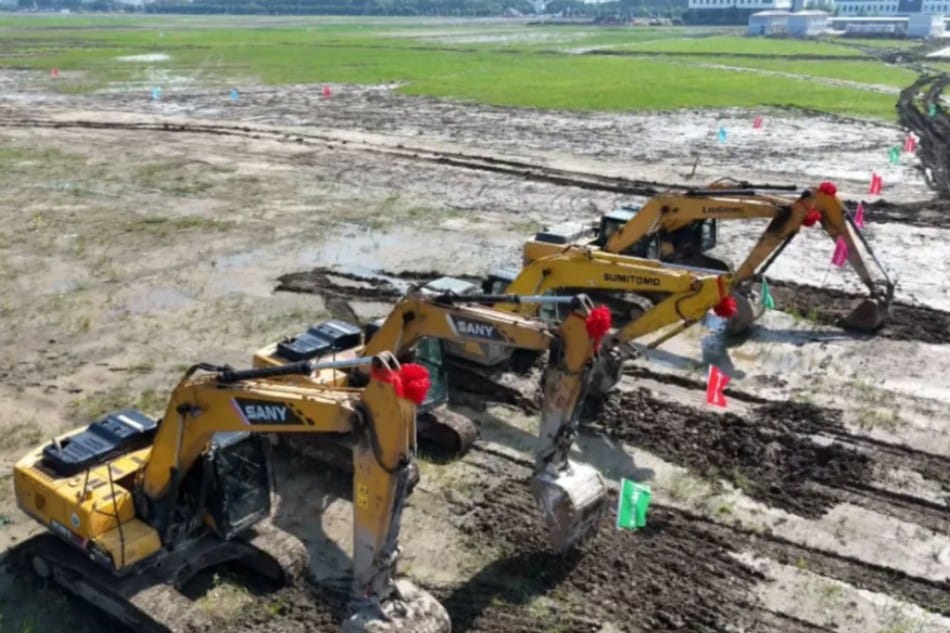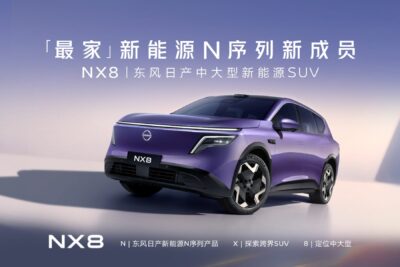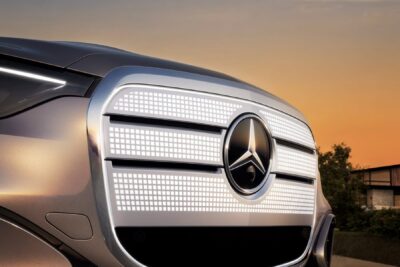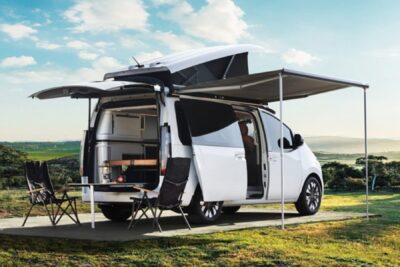Lexus begins construction of first wholly-owned EV plant in China
The factory is located in the Jinshan district of southwest Shanghai and is expected to be completed in August 2026 before ramping up operations in 2027. According to local government announcements, the plant will have an annual production capacity of up to 100,000 vehicles and create an estimated 1,000 jobs during initial production.
“Toyota aims to leverage the project to accelerate its transition toward electrification and smart cars, launching EVs tailored for both the Chinese domestic and international markets,” reported local outlet The Paper.
The new plant forms part of its broader strategy to address the rising demand for fully electric vehicles and to compete with domestic Chinese EV brands and international players already established in the market. Excavators have begun preparation on the site, with local authorities framing the project as a key milestone in Shanghai’s ambitions to expand its NEV industry cluster.
Lexus becomes the second foreign automaker after Tesla to establish a wholly-owned automotive factory in China. The latter opened the Gigafactory Shanghai in 2019. The move follows the country’s relaxation of restrictions in the pure electric vehicle sector in 2018 and the complete removal of foreign equity ratio limits in the passenger vehicle manufacturing sector from 2022. Previously, foreign carmakers were required to form joint ventures with Chinese companies to produce vehicles locally.
Toyota confirmed in February that it would build a wholly-owned EV factory in Shanghai to produce Lexus-branded battery electric vehicles, with the first model planned for production in 2027. In April, Lexus acquired a 1.13 million square metre industrial land plot in Jinshan district for RMB 1.353 billion (€174 million), approved for NEV manufacturing and lithium-ion battery production. Toyota also signed a cooperation agreement with Shanghai authorities to facilitate the project’s launch.
China is Toyota’s third-largest market after the US and Japan. However, the Japanese carmaker has struggled thus far with battery-electric vehicles. In China, Toyota has even made use of competitor BYD’s Blade batteries and electric motors – for example, in the bZ3 electric saloon. Last year, Toyota and FAW launched the bZ3C crossover, while the bZ3X – a more practical electric SUV in comparison to the bZ3C – originates from the joint venture with GAC.





0 Comments